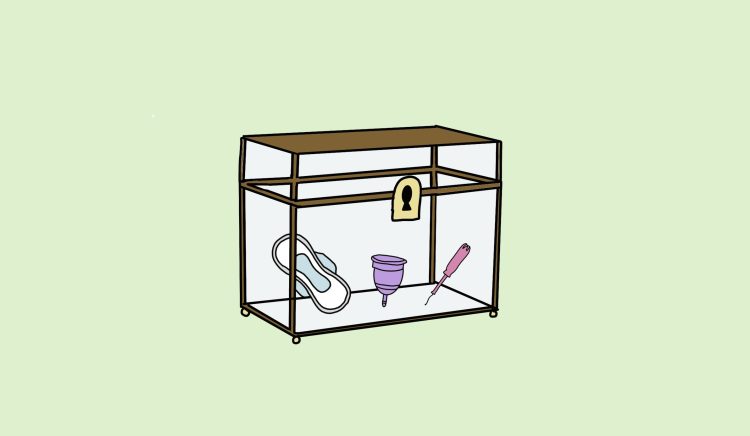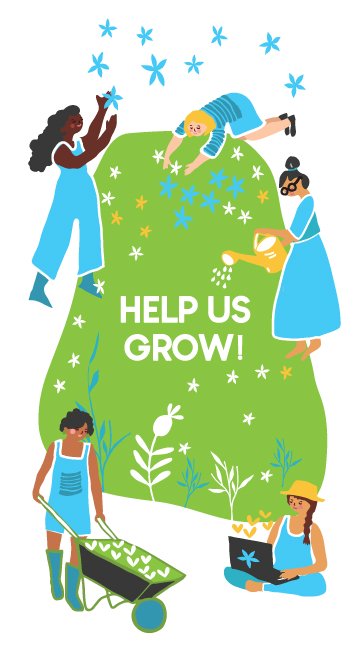This St. Patrick’s Day I was feeling anything but the luck of the Irish. On a day beloved for its celebrations and festivities, I was awoken by an unpleasant monthly visitor. Despite the routineness of a period, many can relate to the feeling of shock and unpreparedness that comes with it each time it happens. Such was my case and I immediately scrambled to find any place that sold period products within my vicinity only to discover that every nearby pharmacy was closed in honor of the national holiday that fell on a Sunday.
Fortunately, I was attending an event at a girl’s apartment who had a tampon I could use, which necessitated the time-honored, bonding question that occurred quicker into our introduction to one another than I would have liked, but what about the girls and women who don’t have a friend’s place to get period products from? And why is it that in 2024 when we as a civilization have advanced far enough to have artificial intelligence write our news articles and create our grocery lists we still haven’t made period products a basic right and resource?
These questions loomed in my mind as my friends ordered rounds of Guinness and saddened me, as this has been an issue I’ve been grappling with since high school when I led an initiative with a women’s empowerment club I founded to collect period products for a local women’s shelter. While these efforts were only a temporary band-aid in healing a systemic and persistent wound, I hoped that my group’s efforts would raise awareness of an issue that impacts millions of women around the world.
To contextualize our efforts, I had my club watch the short film “Period. End of Sentence.” which continues to remain relevant today as I discussed the film with a co-worker at the World Y office while I detailed my St. Patrick’s Day woes with her. While I was fortunate to have access to period products in the first place during my moment of panic last month, a quarter of women around the world cannot say the same.
The stigma surrounding period discourse mentioned in the documentary has led to widespread failures in providing women with these necessary products, especially in developing countries, which can cause long-term health issues and prevent girls from attending school. These issues are also discussed in a previous article on the She Speaks blog by Jesca Mmari. Though her article was written eight years ago, new developments of women in Ghana being priced out of buying menstrual products along with statistics that show significant portions of women in India, the country in which the documentary took place, cannot obtain proper period care prove that universal menstrual product access remains a problem.
From learning more about the issue it is clear that making women’s menstruation a topic that isn’t shied away from is an important step in ensuring that period product availability stops being a concern that’s ignored by governments. Personally experiencing periods shouldn’t be a requirement for enacting legislation for free and available menstrual products but in a world where the majority of leadership positions continue to be occupied by men, it further demonstrates the need for organizations like the World YWCA that center female leadership along with prioritize women’s reproductive health and rights that can center issues that disproportionately affect women, such as periods. I was happy to learn from Jesca’s blog post that she was using the platform of her chapter to fight period inequality and the World Y can be a powerful engine for achieving a future where no girl or woman has any insecurity surrounding period product access.
We as a society must be willing to invest in women, as half of the world’s population, and normalize the implementation of low-cost pad-making machines that have proven to be effective in providing remote, low-income areas with adequate sanitary care. Additionally, though menstrual products should be free, countries can begin their path towards this by joining nations such as Mexico and Britain in removing taxes on period products.
It is time we start acknowledging and raising awareness towards “that time of the month” so that one day pads and tampons can be seen as a staple of any bathroom rather than a luxury.






